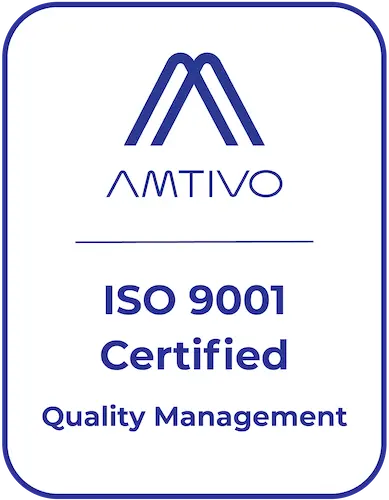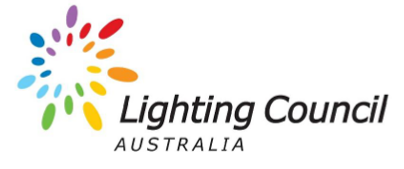With the combined advantages of convenience, flexibility, sustainability, and potential health benefits, it is no wonder that the global Smart Lighting market is forecast to grow at nearly 20% for the next couple of years and be worth $28.8 Billion by 2027, as the benefits to the retailer, the customer and the contractor are numerous.
This exciting sector is a world away from 1879 when Thomas Edison first patented the electric lightbulb as, back then, his design was deemed to be the mother of all inventions.
And while it was revolutionary at the time and certainly transformed lives, it also paved the way for future lighting systems which, a few generations ago, would have seemed totally impossible.
MORE THAN JUST LIGHT
Smart lighting began about 20 years ago with a simple timer which turned outdoor lights on and off at a certain time. Within a few years, motion sensor lighting systems were the ‘new thing’ and today, the whole industry has developed and grown to create some of the most innovative and user-friendly lighting systems imaginable.
Connected to the internet, the ever-developing, lighting technology is designed to ‘make decisions’, provide self-monitoring and analysis and follow schedules while being controlled remotely. And minimal installation effort enables lighting to become a multifunctional platform ready for sensors to provide security, safety, and convenience, whether in a domestic or commercial setting.
SIMPLE, SAFE AND AFFORDABLE
It may seem as though this new array of additional features must come with added complications but using the system couldn’t be easier as unlike computers, IoT devices such as Smart sensors can automatically self-configure and connect to form a network.
The price, along with an easy-to-use system and the benefits it brings to everyday living and working, will be hugely attractive to clients, while contractors will benefit from the straightforward installation and set-up process and wide range of options available – as competition in the Smart lighting space means there are systems on offer to suit every budget and need.
It is, of course, important to choose the right service provider as everything from guidance on installation and set-up to technical support and payment options should be reliable and efficient. And although Smart systems are solid from a security perspective, cybersecurity should not be overlooked, but for high security installations, the Smart system can be separated from the computer or core network.
CONTINUALLY IMPROVING
So, with the technology already in place for a smoothly operating and seamlessly installed Smart lighting system, it’s hard to imagine that there is scope for any more development – but Location Based Services (LBS) also use geographical and personal data to provide users, who have ‘opted in’, with software-based services and information. And with one eye always on the future, Irish owned company ROBUS is focussed on developing the application of sensors to automatically track for security, safety, and resource management.
Heat maps are another example of unique Smart lighting technology which facilitates the user with better resource management, using sensors to identify movement and occupancy level of a particular area. This information can be analysed by software and also used to manage and optimise the way an area is configured as well as being beneficial for safety and security reasons. The network connectivity can also be used in an emergency lighting system which not only saves time, labour, and cost, but may also help to save lives.
ROBUST RANGE FROM ROBUS
ROBUS has been servicing the lighting Industry for over 35 years and along with a global presence, has a reputation for first class customer service, quality advice and innovative lighting systems.
It has a range of Smart lighting solutions, which both look and ‘act’ smart with full colour and brightness control, a selection of shades and ‘scenes’, energy saving modes, and the necessary tools to ensure the lights work in sync with the user’s lifestyle, whether that means sensor activated lights or asking virtual assistants to turn devices on.
So, whatever lighting system is needed, ROBUS is likely to have the solution.



